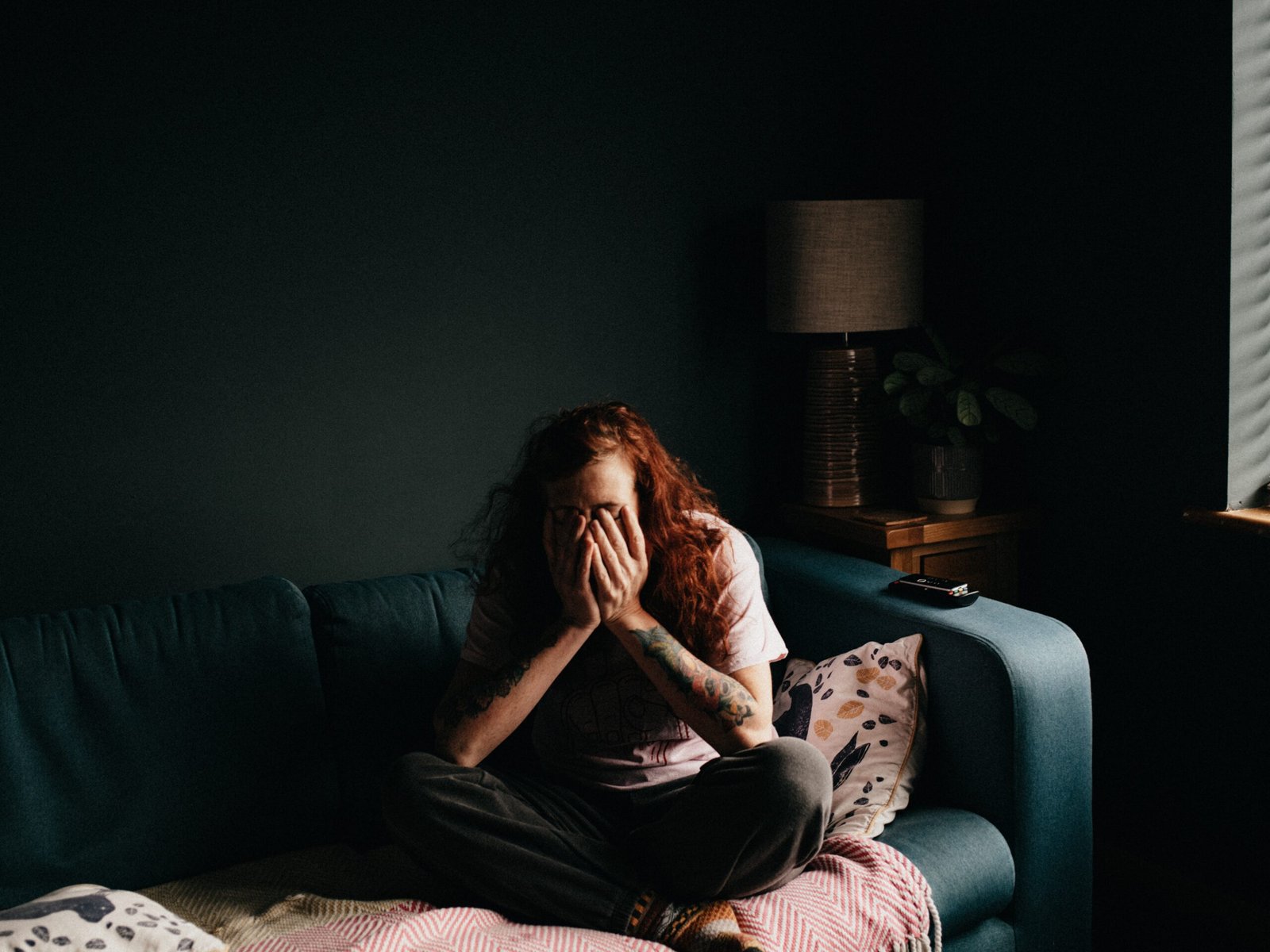Women feel more anxious than men when it comes to paying household bills.
At the same time, women feel more depressed than men about the current cost of living crisis.
That’s according to new findings from the British Psychological Society (BPS), which warned that the cost of living crisis is disproportionately impacting women’s mental health.
The data comes from a YouGov poll of more than 2,000 adults in Britain last month on behalf of the BPS, representing UK psychologists.
The polling discovered that 61% of women said they are more anxious about paying bills compared to a year earlier, with 47% of men reporting the same.
A third of women said money worries made them feel depressed, compared to around a quarter of men.
And women were more likely to worry about affording household costs over the coming year, including rising energy bills. 77% of women reported these worries compared to 65% of men.
In response to the findings, the BPS wants the government to increase state benefits in line with rising inflation.
Julia Faulconbridge, a chartered psychologist and member of the BPS’s division of clinical psychology, said:
“We know women often shoulder more of the childcare and home responsibilities, and are more likely to be in low-paid and insecure work, increasing their chances of being hit by rising prices, and subsequently experiencing greater anxiety, stress and worry.
“There is a clear causal link between living in poverty and mental health difficulties.
“We know that the stress of raising a family in poverty can have a huge impact on parents’ mental health, and that poverty is one of the major risk factors for the development of mental and physical health problems in children.
“This is magnified in a single-parent household, which is why we urgently need the Government to confirm they will support those who need it most by uprating benefits in line with inflation.”




